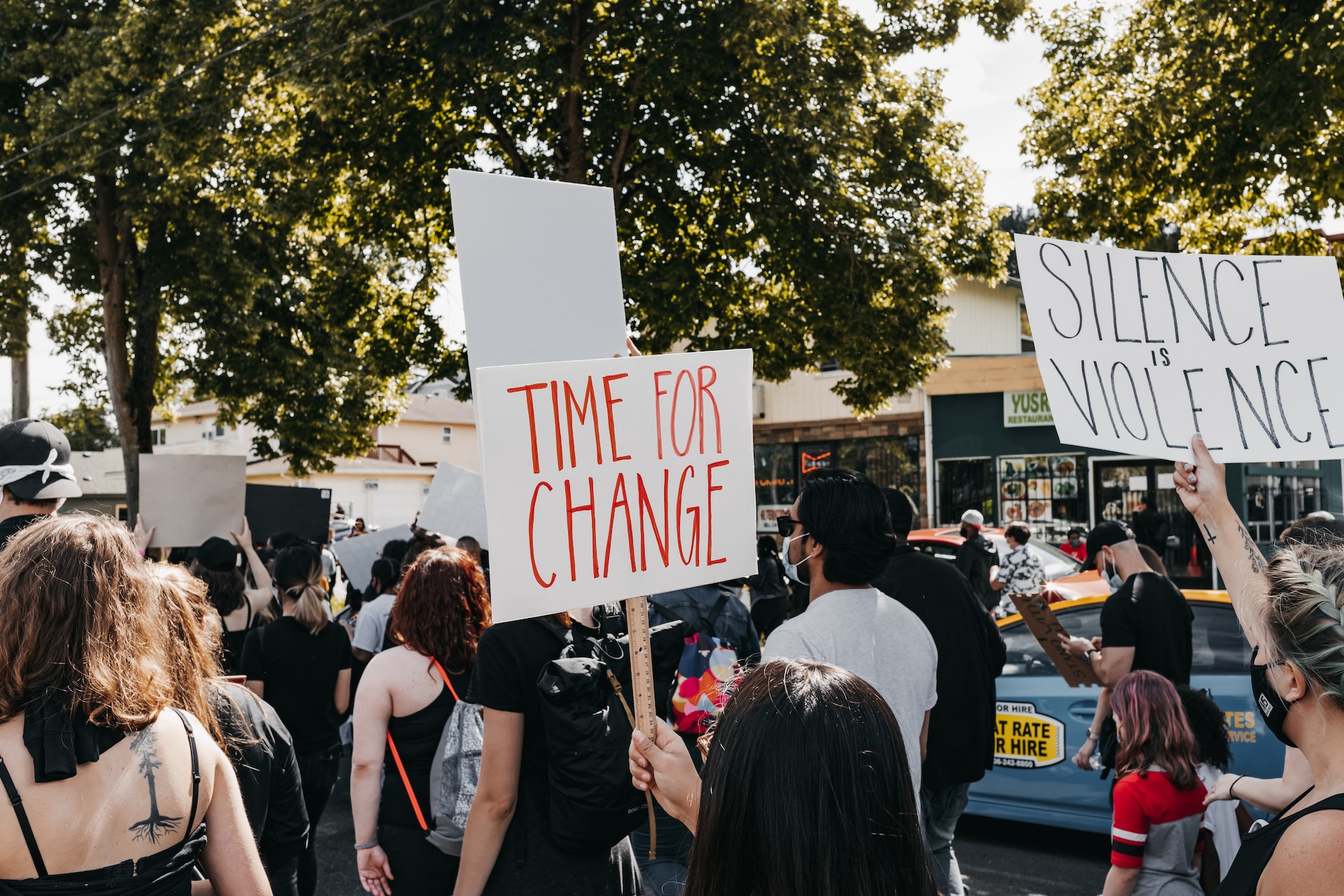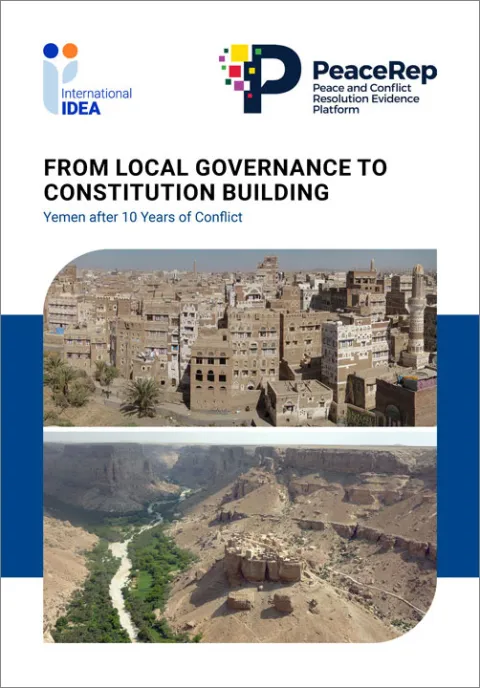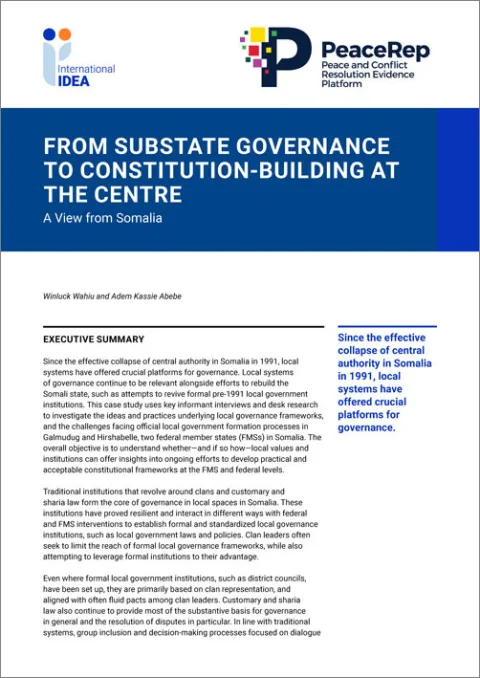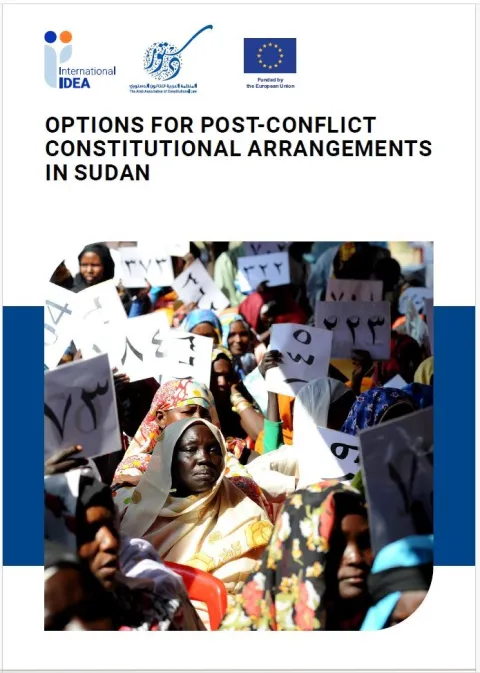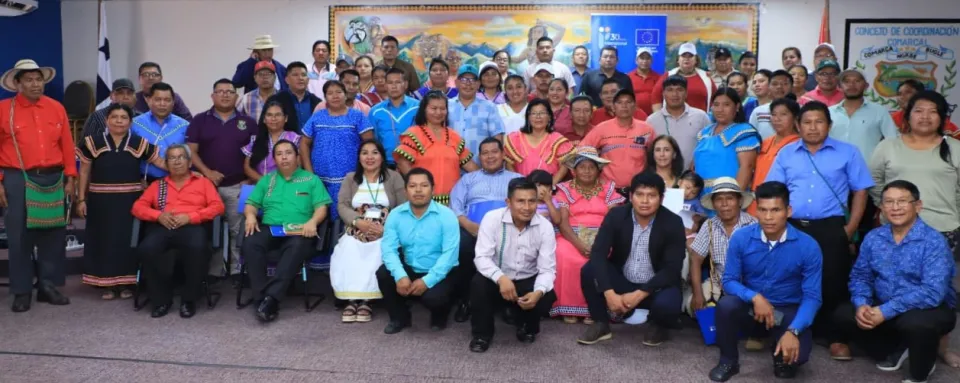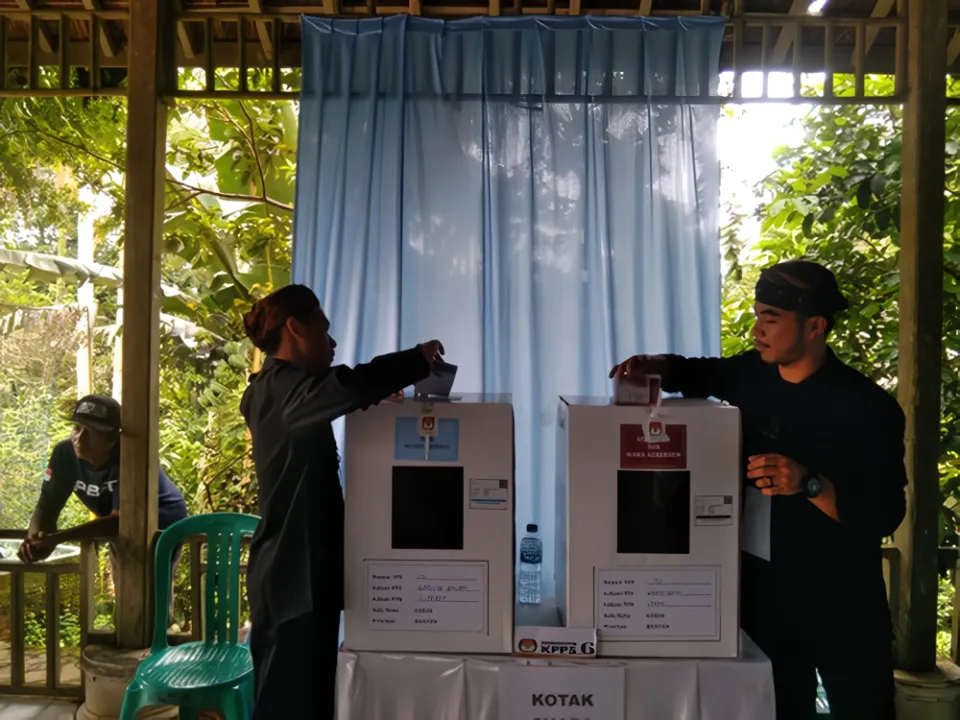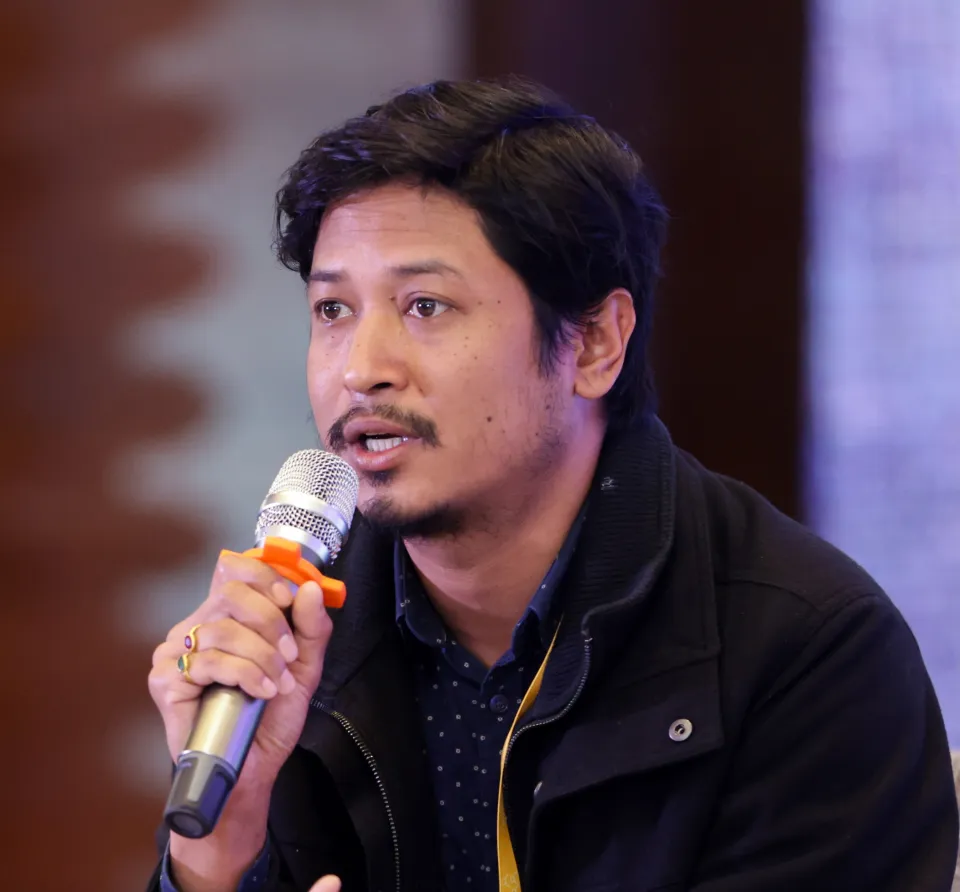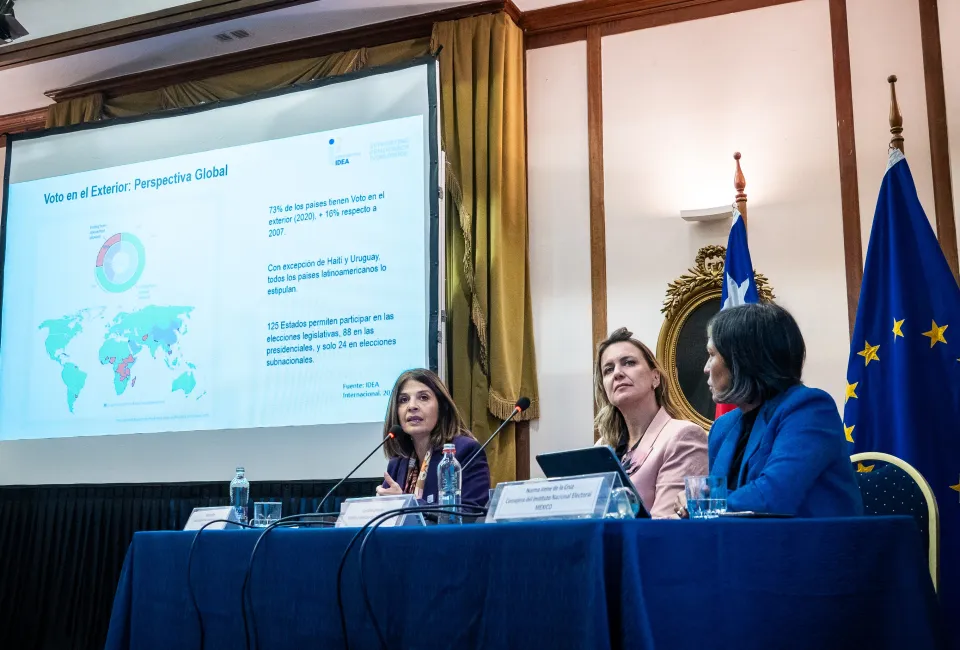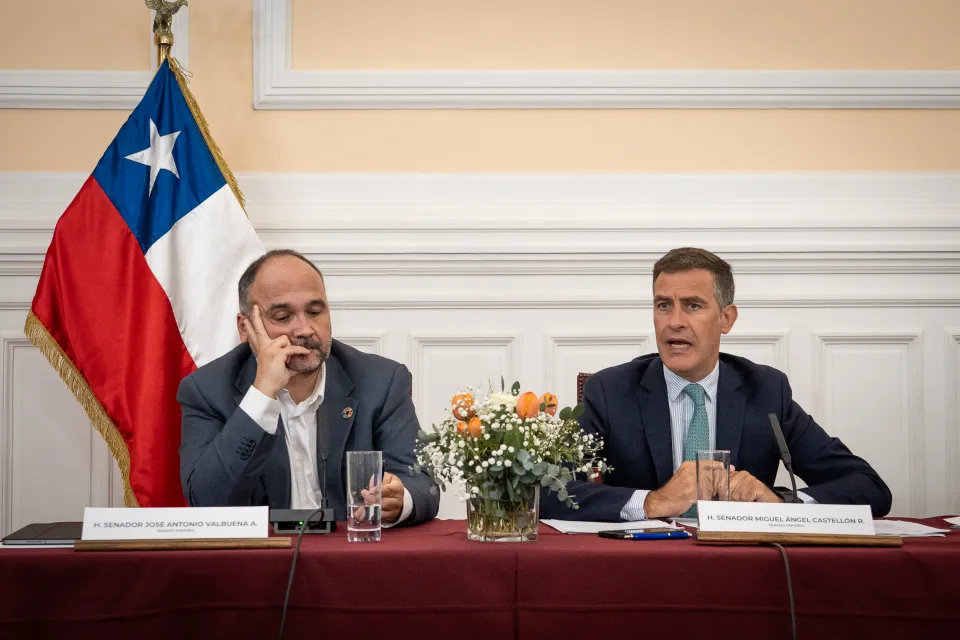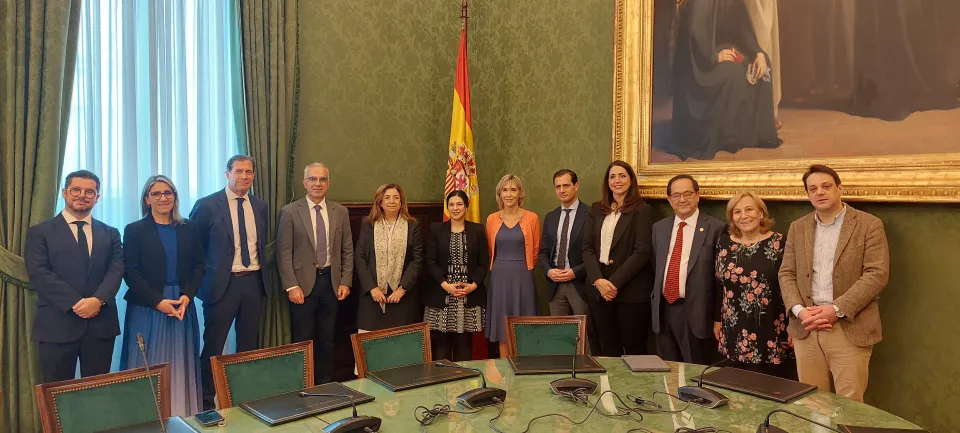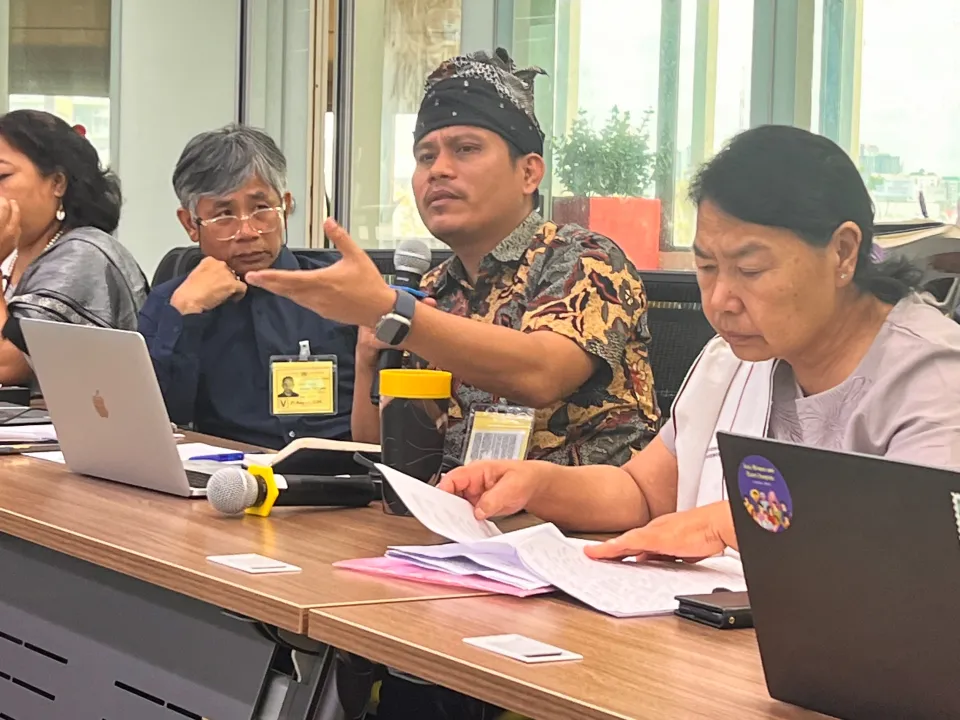Mechanisms for Indigenous Representation, Participation and Consultation in Constitutional Systems
Indigenous peoples in Chile have suffered dispossession and discrimination by colonizing forces, like many Indigenous peoples globally, and did not have a fair say in the development of successive constitutions establishing new political systems on their land.
In the October 2020 referendum, Chileans voted to create a new constitution. This presents an opportunity for Indigenous peoples to create a fairer power relationship with the Chilean state. For the first time, the constitutional convention includes a specific quota for 17 Indigenous representatives. This will enable Indigenous peoples to contribute to the constitutional design process.
This report presents comparative examples of self-determinative institutional mechanisms that empower Indigenous peoples to be heard by and influence decision making in state institutions. The focus of the paper is on options for institutional structures that enable Indigenous representation, participation and consultation with respect to Indigenous peoples’ own affairs.
Details
Contents
Introduction
1. Preliminary identification questions
2. Constitutional mechanisms to enable Indigenous representation, participation and consultation
3. Conclusion
References
About the author
About International IDEA
Give us feedback
Do you have a question or feedback about this publication? Leave us your feedback, and we’ll get back to you
Send feedbackMechanisms for Indigenous Representation, Participation and Consultation in Constitutional Systems
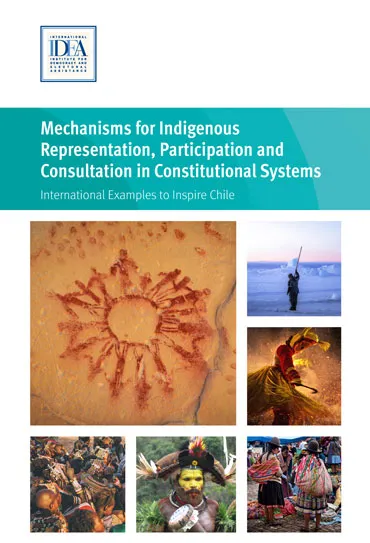
| Total views | 4668 |
|---|---|
| Downloads | 81 |
| Rating |
Give us feedback
Do you have a question or feedback about this publication? Leave us your feedback, and we’ll get back to you
Send feedback